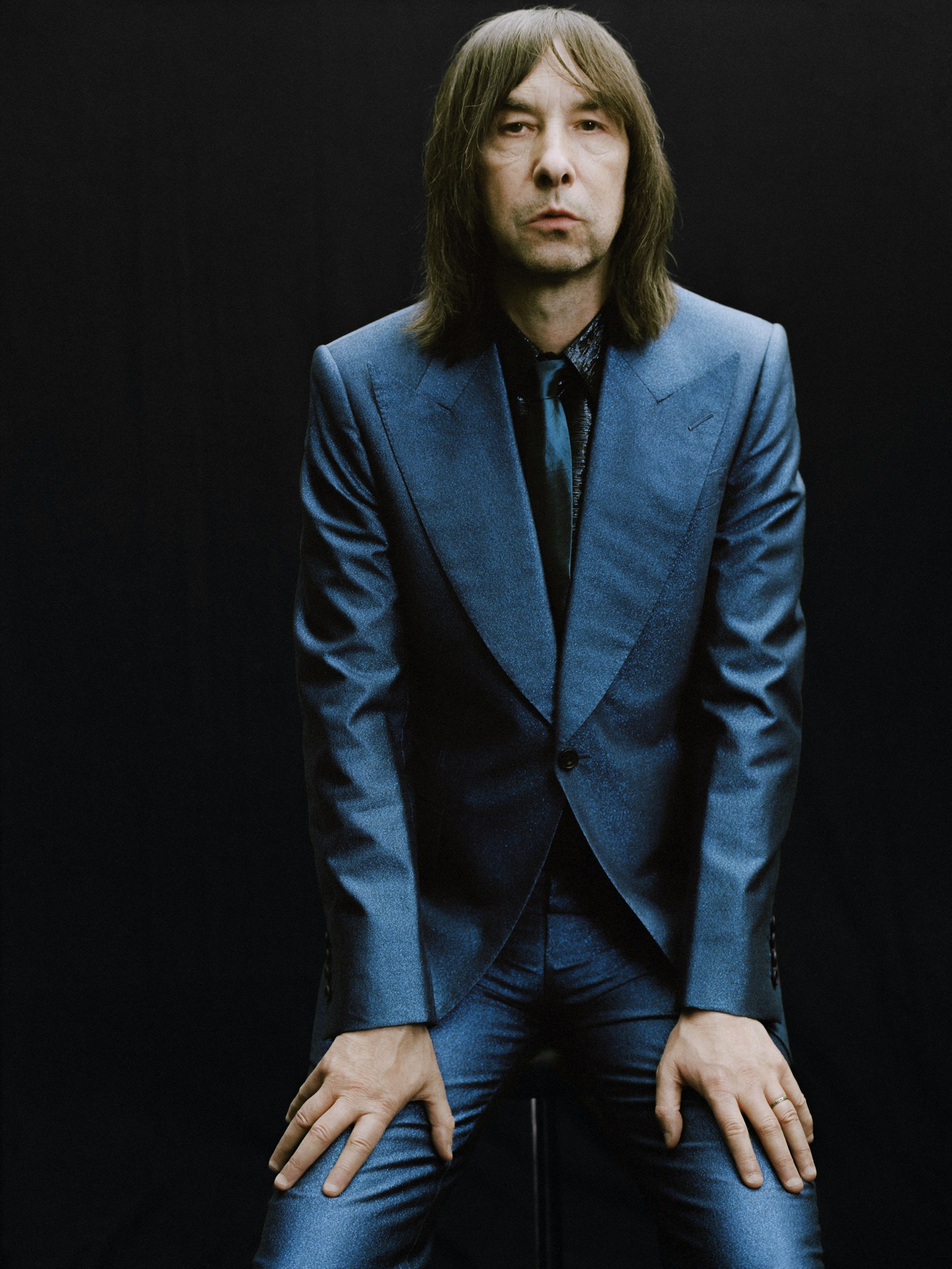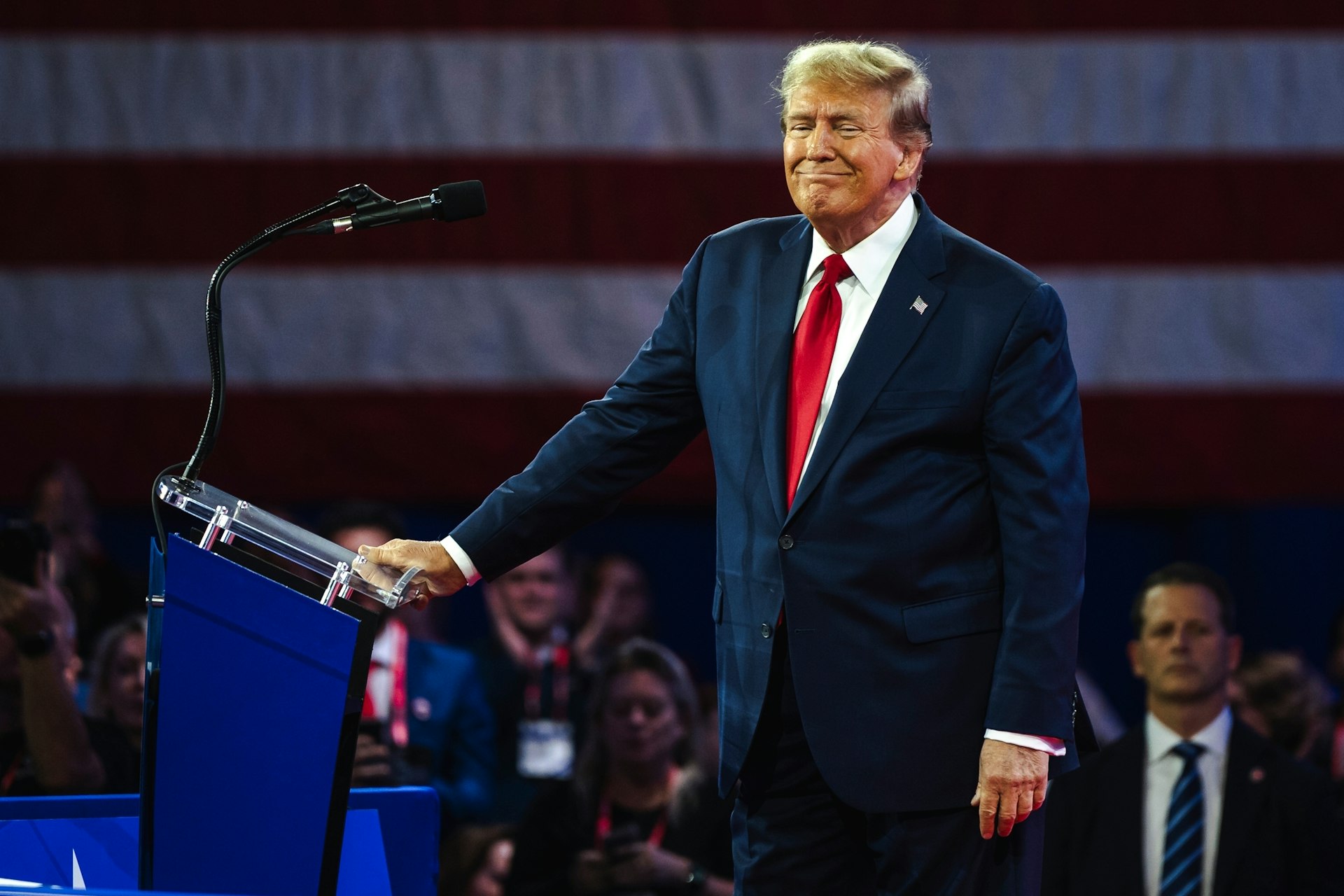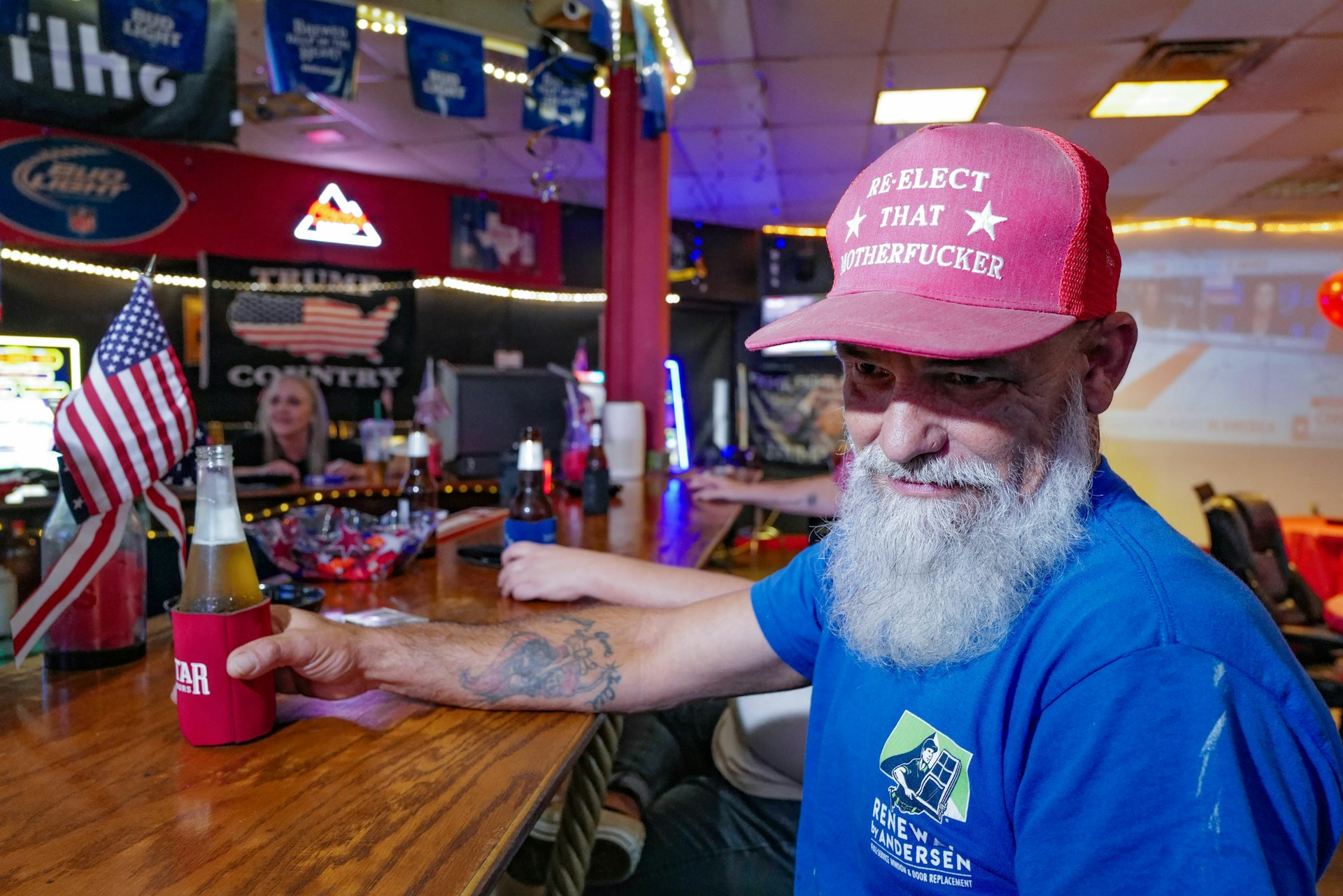Freight Train Hopping
- Text by Andrew Binion
- Illustrations by Charlotte Trounce

Broad daylight, we hopped a southbound train and Mr. Quintana and I congratulated ourselves before we had even crossed the Seattle city limit.
This was the first freight train we ever rode, a string of cars far as the eye could see, led by a troika of Union Pacific engines. We had no idea what we were doing, no common sense, and no idea that a nationwide hunt was underway for a monster loose on the rails. We sat out in the open, not enough sense to conceal ourselves.
The train rounded a bend beneath a freeway overpass. If I had been turned the other way at that moment I would have missed this tableau: three tramps, Indians, wearing rags and long black hair, spread up against an abutment, hands high. Behind them stood a yard bull, the police officer of the freight yard, hand on his gun. I was close enough to reach out and tickle his ear.
One of the Indians looked over his shoulder at the bull, and for a split second our eyes met. A split second later we were gone. I couldn’t help but wonder what that tramp thought of me, baby-faced, having just finished my last exam before summer vacation.
When dealing with trains, as in life, it’s better to be lucky than smart. Trains are man-made but inhuman in scale, the standard to which awesome forces are compared. Up close to their wrath, iron in your mouth, wind blowing up from the earth, ears deluged, awe is a patriotic duty. This heaving monster, this fearsome machine, moving a million tons, is what connected this heaving, fearsome country. Monsters conquered America, and the horror of the conquering reverberates still in the noise of trains.
Trains may look and sound and act like monsters, but trains are not monsters. Three days before Quintana and I hopped our first freight, 1,800 miles away on another stretch of Union Pacific line, a veteran rail tramp named Angel Maturino Reséndiz found himself in Gorham, Illinois.
Short and wiry, nearsighted, half-angel half-man, Reséndiz enjoyed a special relationship with God. He sensed the presence of evil as a tingling through his body. When he returned to his wife in Mexico, he brought her jewellery.
In Gorham he killed an old man with his own shotgun, then raped and clubbed the man’s adult daughter. When Angel killed, he mostly bludgeoned: rock, sledgehammer, iron, pickaxe. He didn’t always rape. He had killed six in the last six weeks, and investigators cast a dragnet over the rail lines to catch him.
It was coincidence that we struck out for our first time on the freights during the largest railway manhunt in generations. It was coincidence that helped Angel happen upon his victims. Much of riding freights depends on coincidence.
Our self-congratulation was premature, our first ride took five hours and ended in Tacoma, stop and go, just thirty miles south of Seattle. We didn’t know what to do next. A tramp crouching in the bush spotted us and yelled, waving his arms, “Get off that train!” From a distance, he looked like a shadow in the weeds, soot-stained clothes, floppy brimmed hat hiding his eyes.
We tossed ourselves to the ground and tripped over the rows of rail. The tramp was named Sam, or Slim, or Santa Claus, he couldn’t settle on one. He had a lean build, grizzled beard, rotting teeth, and a ponytail sticking out from the greasy hat.
“That train is backing up into a zero tolerance yard. Out here we’re safe.”
He said the train we wanted would arrive on the rails closest to us, and would have a flashing yellow light on top. It wouldn’t stop, so we would have to catch it on the fly. Not long after that, his attitude changed about helping us leave.
“You could wait until something stops. Mumdiddly. That’s what I’m doing. Just taking it easy. Mumdiddly mumdiddly.”
‘Mumdiddly’ accounted for most of his vocabulary. His rap was a profusion of mumdiddlies, a meaningless expletive to fill out his rambling verse. If he said it twice while shrugging his shoulders in lighthearted exasperation, he meant to say, ‘That’s life!’
“You boys want a beer?”
We sure did.
He didn’t say how long he had been waiting with his bed roll, reading a dog-eared military novel, rolling cigarettes. He told us gas station dumpsters were good sources of hot dogs and hamburgers. “What I like best is the salt.”
He said, “Looks like rain,” despite the clear sky, and that we should camp beneath a nearby trestle. “Might as well wait for a good one.”
Dusk settled, and the stadium lights of the yard energised, bathing the yard in eerie blue daylight.
“What’s your hurry? To ride the rails, you got to take it easy. Mumdiddly.”
He offered us another beer.
“We’ve heard stories about tramps being dangerous,” I said. “Is that true?”
The look on his face changed. He glared at me. “Some of the people I know are very bad. People you do not want to cross paths with.”
For no good reason, our host then insisted that we were too exposed, and ordered us back into the bush.
He led us to a spot in the shadows, out of view from the yard, and crouched on his heels. We crouched on either side of him. The genial mood had set with the sun.
I stood up, and he yelled at me to get down. “What did I tell you?”
Nobody said a word. Mumdiddly reached into his jacket. I moved my hand toward the knife on my belt.
I didn’t believe trains were benevolent dinosaurs. My fellow travellers were not wise sages with my best interests in mind. But I did expect we would catch a train when we needed to, and that we knew how to act when a stranger led us into the woods.
Mumdiddly was not Angel Reséndiz, who would surrender the next month and be executed in Texas seven years later. His last words would be a request for forgiveness, “For allowing the devil to deceive me.” We didn’t know Mumdiddly. We didn’t even know his name. It was pure coincidence that we met him, that we missed being detained by the yard bull who captured the Indians. That is the reality of riding trains; there are no certainties. Like Angel, do it long enough and you may start to believe you have a special relationship with God.
I stood up again.
“Sit down!”
Quintana had a hunting blade in his pack. I would have to react first.
With a quick movement, Mumdiddly pulled out a bag of pretzels, mostly crushed.
“Here,” he gestured the bag toward us. “It’s good salt.”
“No thanks,” Quintana said.
“Take some!” Mumdiddly barked, his mouth full of pretzel. We each took a pinch and with nothing left to say we waited for what would happen next.
From behind me, I heard the train. I turned to see the flashing yellow light.
“Is that ours?” We asked, shouldering our bags. We were leaving either way.
Mumdiddly’s chin sank to his chest. “Yeah.”
Latest on Huck

How to shoot the world’s most gruelling race
Photographer R. Perry Flowers documented the 2023 edition of the Winter Death Race and talked through the experience in Huck 81.
Written by: Josh Jones

An epic portrait of 20th Century America
‘Al Satterwhite: A Retrospective’ brings together scenes from this storied chapter of American life, when long form reportage was the hallmark of legacy media.
Written by: Miss Rosen

Bobby Gillespie: “This country is poisoned by class”
Primal Scream’s legendary lead singer writes about the band’s latest album ‘Come Ahead’ and the themes of class, conflict and compassion that run throughout it.
Written by: Bobby Gillespie

Vibrant photos of New York’s Downtown performance scene
‘Balloons and Feathers’ is an eclectic collection of images documenting the scene for over two decades.
Written by: Miss Rosen

Picking through the rubble: Glimpses of hope in the US election results
Clambering through the wreckage of the Harris campaign, delving deeper into the election results and building on the networks that already exist, all hope is not gone writes Ben Smoke.
Written by: Ben Smoke

US Election night 2024 in Texas
Photographer Tom “TBow” Bowden travelled to Republican and Democratic watch parties around Houston, capturing their contrasting energies as results began to flow in.
Written by: Isaac Muk